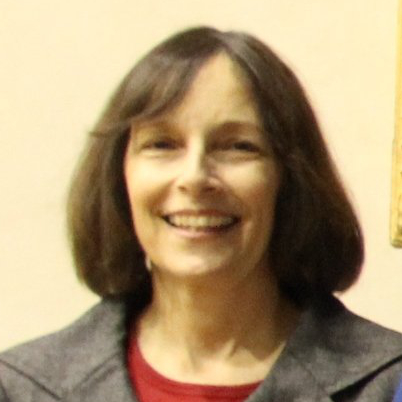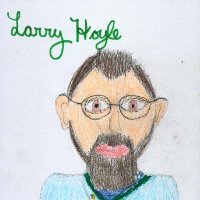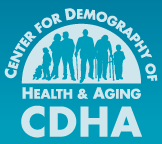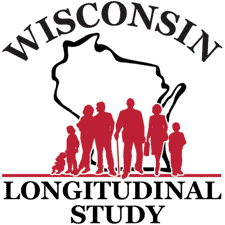NADDI 2015
{Research Data Management: Enhancing Discoverability with Open Metadata Standards }
The Premier Data Documentation Conference
April 8, 9, and 10th, 2015. Madison, Wisconsin

The North American Data Documentation Initiative Conference (NADDI) is an opportunity for those using metadata standards and those interested in learning more to come together and learn from each other. Modeled on the successful European DDI User Conference, NADDI 2015 will be a three day conference (April 8-10) with invited and contributed presentations, and should be of interest to both researchers and data professionals in the social sciences and other disciplines. A full day of training sessions will precede the conference (April 8th).
One focus of the conference will be on Research Data Management: Enhancing Discoverability with Open Metadata Standards.
- $150 Early Rate
- $195 After March 18th
- $50 Student rate
- $115 Early Rate
- $160 After March 18th
- $50 Student rate
Data Documentation Initiative (DDI)
The Data Documentation Initiative (DDI) is an open metadata standard for describing data and data collection activities. DDI's principal goal is making research metadata machine-actionable. The specification can document and manage different stages of data lifecycles, such as conceptualization, collection, processing, analysis, distribution, discovery, repurposing, and archiving.
Present at NADDI
NADDI is about sharing stories and discoveries. Share your experiences.
You can submit your presentation or talk here.
We recommend either a 15 minute presentation with 5 minutes discussion or a 45 minute presentation with 10 minutes discussion. You are also free to suggest another format.
Submission deadline has been extended to Friday, February 13th!
While the conference theme is "Enhancing Discoverability with Open Metadata Standards", we are open to any papers relating to DDI, or research data/metadata management.
Meet Your Host
The host of this year's conference is the Institute on Aging (IOA) of the University of Wisconsin-Madison. The mission of the IOA is to promote, through excellence in multidisciplinary research, education, and practice, the health and well-being of the rapidly-expanding aging population in our local community, state, and society at large. Founded in 1973, IOA is jointly focused on addressing the problems of aging, as well as the potential of aging.
To this end, IOA's most notable project is MIDUS (Midlife in the United States), a major longitudinal study funded by the National Institute on Aging. MIDUS is one of the first large-scale studies to link psychological and behavioral factors to physical health, and is a major proponent and practitioner of the Data Documentation Initiative.
Conference Venue

The conference will be held at the Pyle Center, conveniently located on the UW-Madison campus in downtown Madison and right next to beautiful Lake Mendota.
Accommodations
The Lowell Center
Magnificent guest rooms start at $94 a night and include continental breakfast.
The UW Lowell Conference and Lodging Facility is located at 610 Langdon Street, about a block away from the Pyle conference center. The Lowell Center offers 137 guest rooms, free wi-fi, an indoor swimming pool (the largest hotel pool in the area) with sauna, and beautiful new fitness room. NADDI 2015 has reserved a block of 50 rooms, so get them quick.
Book your room
Sponsors
Platinum
Silver
Community Supporters
David K. Johnson
William C. Block
Become a Sponsor
Contact the conference chair to become an official sponsor.
Platinum
Platinum ($5,000)
- Space to present a poster during break times
- Logo on the conference web site
- Logo in the program
- Recognition at the opening session
- 10 admissions
Gold
Gold ($2,000)
- Space to present a poster during break times
- Logo on the conference web site
- Logo in the program
- 5 admissions
Silver
Silver ($500)
- Space to present a poster during break times
- Logo on the conference web site
- Logo in the program
- 3 admissions
Community Supporter
Supporter ($50) - When you register for the conference, you will have the option to donate $50 to ensure the viability of this and future NADDI conferences. Community Sponsors are acknowledged in the program, and can optionally have their names and a web link displayed on the conference website.
Committee
Organizing Committee

Barry T. Radler
UW-Madison Institute on Aging

Dan Smith
Colectica

Jeremy Iverson
Colectica

Cindy Severt
UW-Madison Data and Information Services Center

Elise Dunham
The Roper Center for Public Opinion Research
Program Committee

Barry T. Radler
UW-Madison Institute on Aging

William Block
Cornell University

Mary Vardigan
ICPSR

Chuck Humphrey
University of Alberta

Walter Piovesan
Simon Fraser University

Larry Hoyle
University of Kansas

James Doiron
University of Alberta

Cindy Severt
UW-Madison Data and Information Services Center









